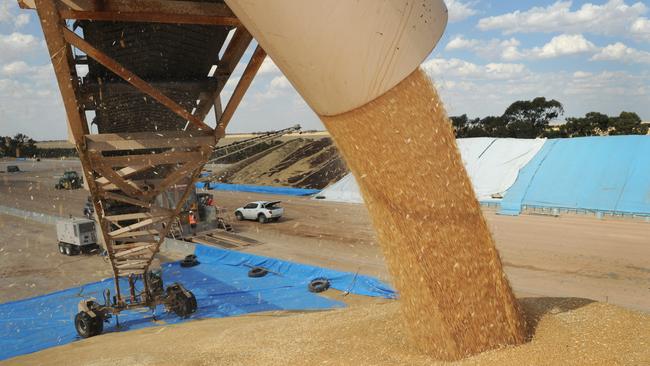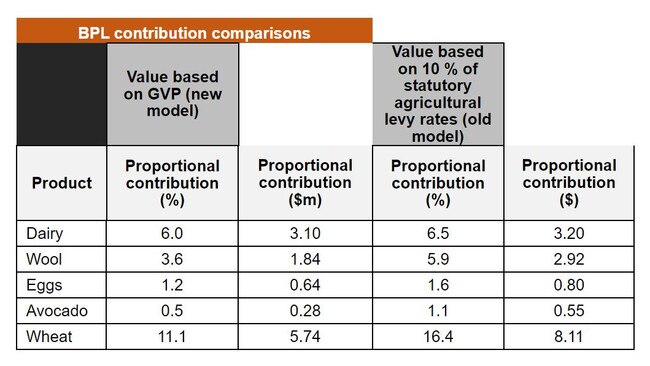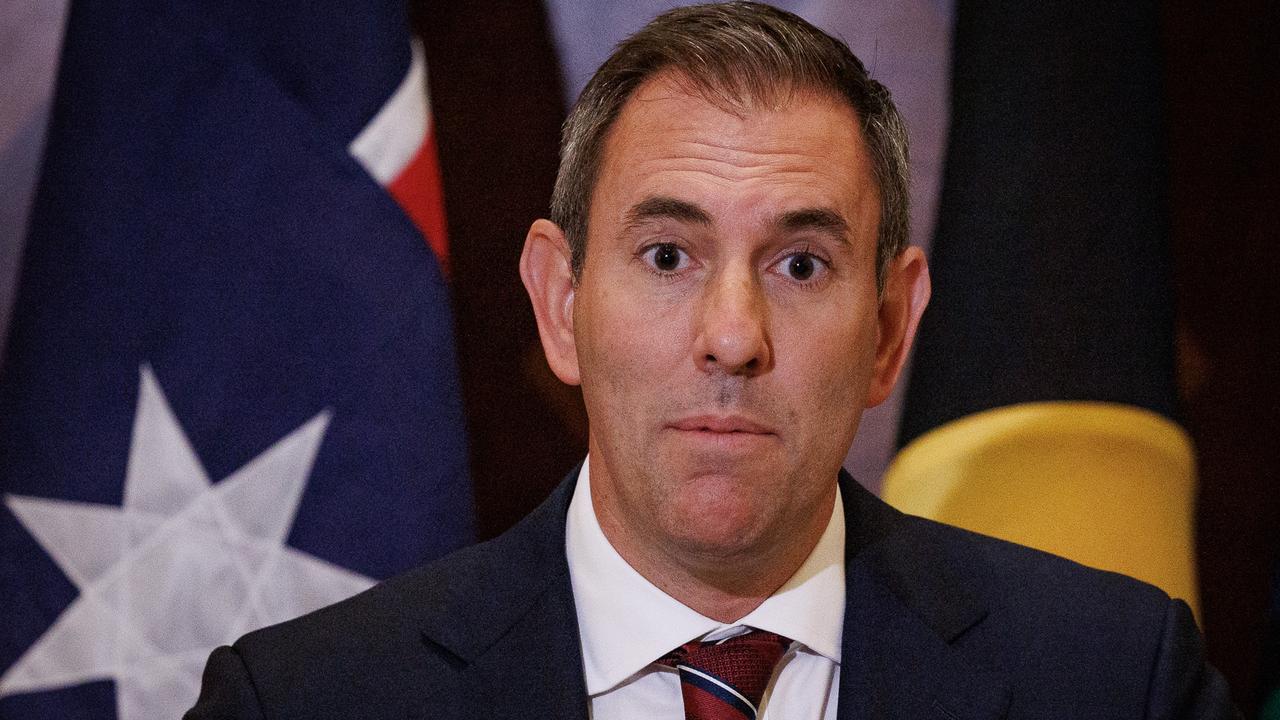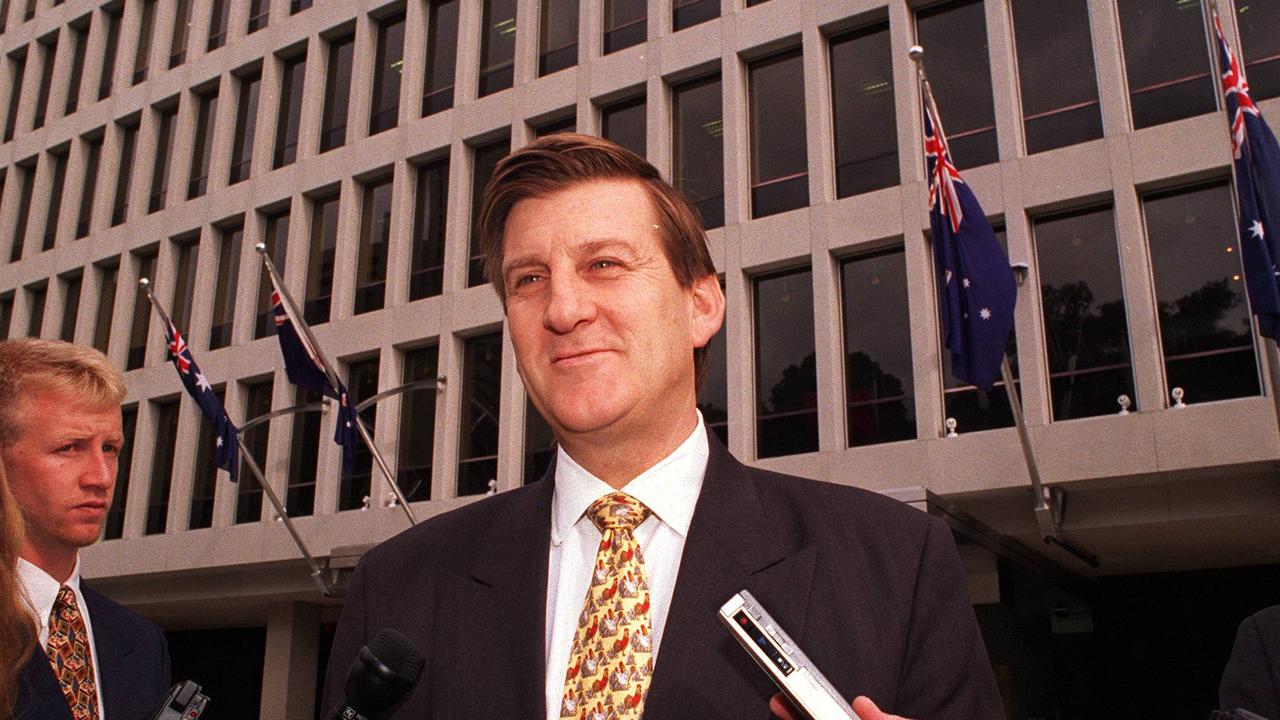Ag Minister’s promises: A “more equitable” farm biosecurity tax
The Albanese Government has cut farmer contributions to the controversial farm biosecurity levy, hitting importers for more.

The Albanese Government has succumbed to industry pressure and restructured its biosecurity protection levy, cutting the amount farmers will pay and raising importers’ contributions.
Federal Agriculture Minister Murray Watt said importers, who already contribute almost $220 million towards biosecurity cost recovery, would put in “$28 million more under the Albanese Government’s new model”.
The new model calculates the levy based on each farming, fishing and forestry industries’ gross value of production (over a rolling three-year period), rather than just recovering an extra 10 per cent of existing statutory levies – based on a mix of values, volumes and masses.
“We’ve listened to feedback from industry, and we are making changes to the biosecurity protection levy, to ensure it’s more equitable and more transparent,” Mr Watt said.
It means dairy farmers’ annual contributions will drop from $3.2m under the old levy model to $3.1m, while the burden on wheat growers will drop from $8.11m to $5.74m.

Grain Producers Australia chief executive Colin Bettles said the industry welcomed the fact that the government had listened and had adjusted the way in which the levy was collected, but “we still want to see the detail”.
The cattle industry is expected to contribute $9m in levies, while wool growers tip in another $1.84m.
Of the $1 billion a year the government expects to recover annually under the levy, the new model estimates about 6 per cent of the revenue will come from farmers, 44 per cent from taxpayers, 48 per cent from importers and 2 per cent from Australia Post.




